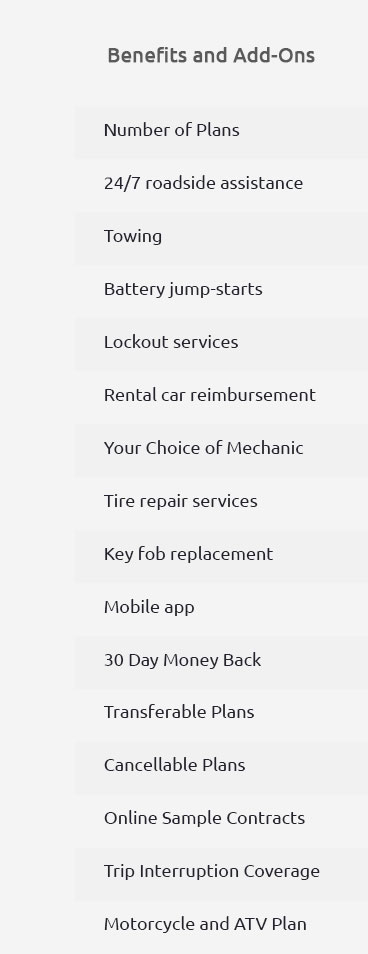 |
 |
 |
 |
 |
|||
 |
 |
|||
 |
 |
|||
 |
|||
 |
 |
 |
|
 |
|||
 |
|
 |
|
 |
|
 |
|
 |
|
 |
|
 |
|
 |
|
 |
 |
|||
 |
 |
|||

Understanding Extended Car Warranty: A Comprehensive GuideIn the realm of automotive ownership, the term extended car warranty often surfaces in conversations among car enthusiasts and everyday drivers alike. But what exactly is it, and why might it be a prudent choice for vehicle owners? At its core, an extended car warranty, sometimes referred to as a vehicle service contract, is an agreement to cover the cost of certain repairs and services beyond the original warranty period provided by the manufacturer. This type of warranty can be a financial lifesaver, especially as cars age and the likelihood of mechanical issues increases. First, let's delve into the mechanics of how these warranties work. Typically, an extended warranty kicks in after the expiration of the manufacturer's warranty, offering continued protection against unforeseen repairs. However, not all warranties are created equal. They vary in terms of coverage, duration, and price, which means it's crucial for consumers to understand the specifics of what they're purchasing. Generally, an extended warranty can cover major components such as the engine and transmission, but many plans also offer optional add-ons for electronics, air conditioning, and even roadside assistance. The decision to purchase an extended car warranty can be influenced by several factors. For instance, consider the car's reliability history. If the model is known for durability, an extended warranty might seem superfluous, yet for those prone to mechanical hiccups, it can offer peace of mind. Another factor is the owner's financial situation. For some, the upfront cost of a warranty is outweighed by the potential for expensive repairs down the line.
So, how does one navigate the plethora of options available? First, conduct thorough research. Many dealerships offer their own warranties, but third-party providers can also be a viable option. Each comes with its own terms and conditions, which necessitates a careful read-through of any contract before signing. Pay attention to what's included, what's excluded, and any deductibles that might apply. Additionally, some warranties require servicing at specific locations, which could influence your decision based on convenience and trust in service providers. Ultimately, the choice to purchase an extended car warranty should be a well-considered decision, tailored to one's individual circumstances and the specific vehicle in question. While it may not be suitable for everyone, for many, it offers an invaluable safety net, ensuring that unexpected mechanical failures don't break the bank. As the automotive landscape continues to evolve with advancing technology, the peace of mind offered by an extended warranty could very well be the buffer you need to enjoy your vehicle with confidence. https://www.caranddriver.com/research/a32878888/extended-warranty-for-car/
An extended vehicle warranty typically starts once the manufacturer's warranty expires, but in some cases, the two protection plans overlap. Since your factory ... https://www.consumerfinance.gov/ask-cfpb/what-is-an-extended-warranty-or-vehicle-service-contract-en-729/
An extended warranty or service contract on your vehicle pays the costs of some repairs, above what the manufacturer's warranty covers or ... https://en.wikipedia.org/wiki/Extended_warranty
An extended warranty, sometimes called a service agreement, a service contract, or a maintenance agreement, is a prolonged warranty offered to consumers in ...
|